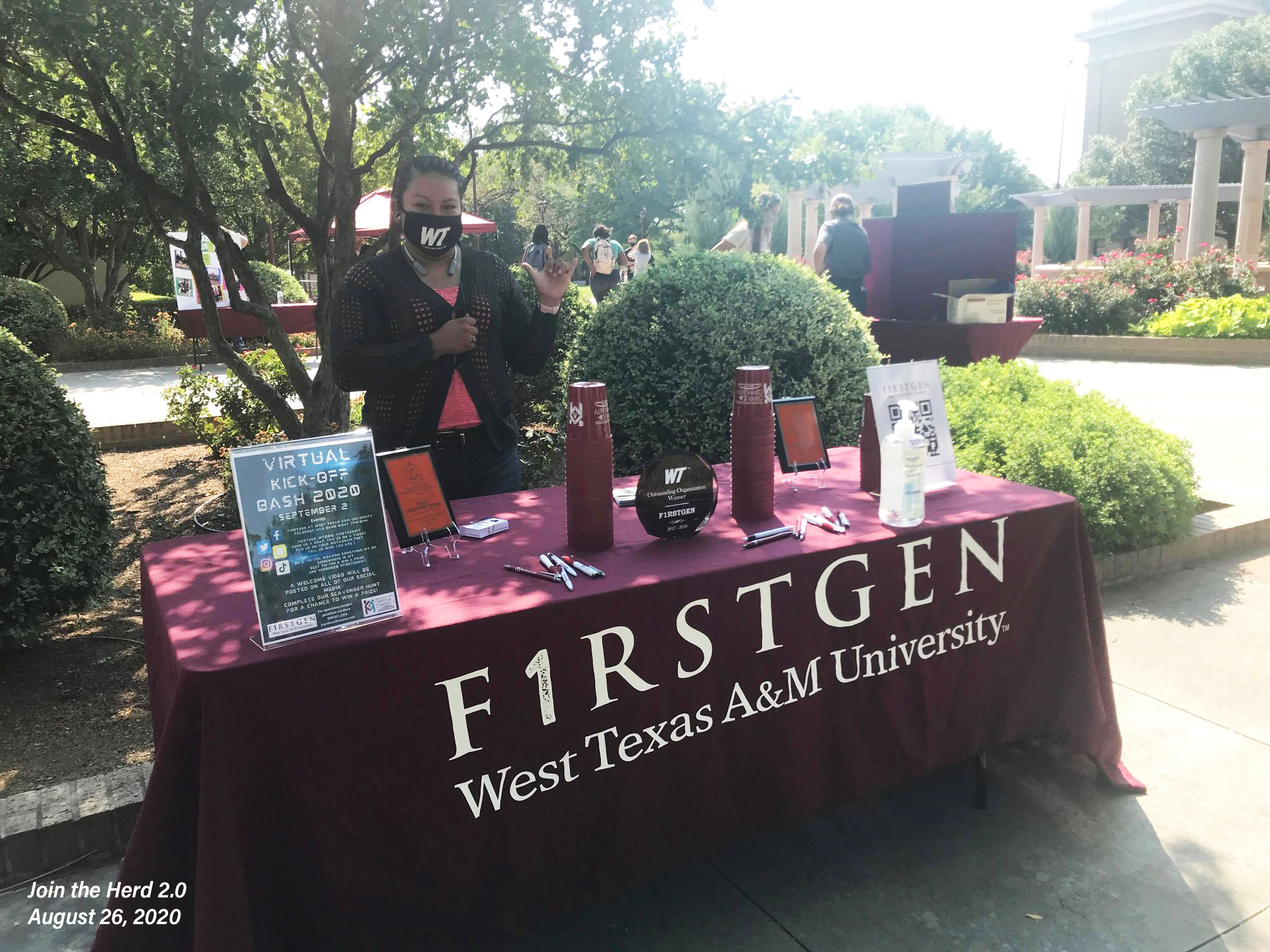
Eighth in a series on the reopening of West Texas A&M University in the midst of COVID-19.
A recent NICHE study found after surveying 20,000 students, 78% said in-person classes were appealing, and 29% found online courses appealing. The findings could be challenged as the survey took place coinciding with the COVID-19 induced explosion of online coursework with no “settling in” time. We see a different world as Labor Day approaches.
It is abundantly clear, however, that students seek peer engagement and varied college-level experiences. This is sometimes referred to as “the other education.” David Brooks’ 2009 New York Times editorial pointed out the nuances of formal, classroom education and the life-situating experiences occurring alongside of that during the university years. His personal story shares the impact of Bruce Springsteen as a “second education.” I call it “The Other Education.”
Brooks’ credit to “The Boss” is a moot point. College co-curricular activities impact student experience: employment, organizational clubs, and athletics or civic activeness are all important. Engagement matters. It is also clear that in the shift from the classroom to the living room the other education is still important. Many students, regardless of learning mode, value human connections. The National Association of Student Personnel Administrators (NASPA) identified ways to engage students during COVID-19. Innovative engagement will grow in the future. The continuity of programs providing virtual career services, registration, counseling, and telehealth—each amplified with social media—engages students during times of crisis and, increasingly, will become the norm. Not technical service, valuable though it may be, but human engagement that enriches and shapes the educational experience.
Students—even adult online learners—want to be part of something larger than themselves. A recent Gallup study found that adult learners benefited from online engagement outside formal instruction. This student group scores an 82% graduation rate. Retention and graduation rates increase for all with university-guided human connections, even for students working and caring for a family.
Supportive engagement is relished by online students. 62% of traditional undergraduate students say the most important aspect of study was that a single faculty member took an interest in them. For graduate students, 27% cited the care and concern of an individual faculty member, and 22% said they had a mentor who encouraged them to pursue aspirations. And, as I have said previously, personal attention enlivened in the digital world is possible when student and faculty communicate individually.
Emotional engagement—not just cognition, but excitement beyond the formal classroom—is critical. As important as “The Boss” may have been for Brooks, faculty help create an attached experience for students. If COVID-19 teaches us anything, it is that successful universities will find a way to make these experiences real and nearly equal in importance to the cognitive insights transferred digitally in formal class settings.
In ellucian, Jennifer Latino emphasizes virtual outreach’s value. It is confirmed by Doug Lederman from Inside Higher Education. In addition, connecting with students and families on a personal level as we are doing at WT right now, is powerful. The moment is being seized for new concepts and ideas that will lead to positive changes and increased engagement—not because of a wildly challenging time, but in spite of it.
Traditional extracurricular activities such as student government, intercollegiate athletics, academic and professional organizations, volunteer and service related activities, multicultural activities, the arts, and other person-to-person engagements, while important, are harder to find in the online environment according to state university.com.
A May 18, 2020, Hechinger Report revealed how students from a variety of campuses coped with on-campus to online transitions. Invariably, they created localized second-education experiences for themselves. Nearly 90% of students represented longed for face-to-face settings. Lynette Long, a senior at Dartmouth said, “The little things, like your informal assigned seats, who you walk to and from classes with,” has hit hard. “Something I have noticed is how much space matters.” Being squeezed into unfamiliar spaces with unfamiliar people is one of the great benefits of the on-campus education. The benefits of student engagement outside of traditional classrooms create higher motivation and lead to academic excellence. The impact of engagement may be the cake rather than icing.
At WT we call this other education being part of “The Buff Family.”
Walter V. Wendler is President of West Texas A&M University. His weekly columns are available at http://walterwendler.com/.



